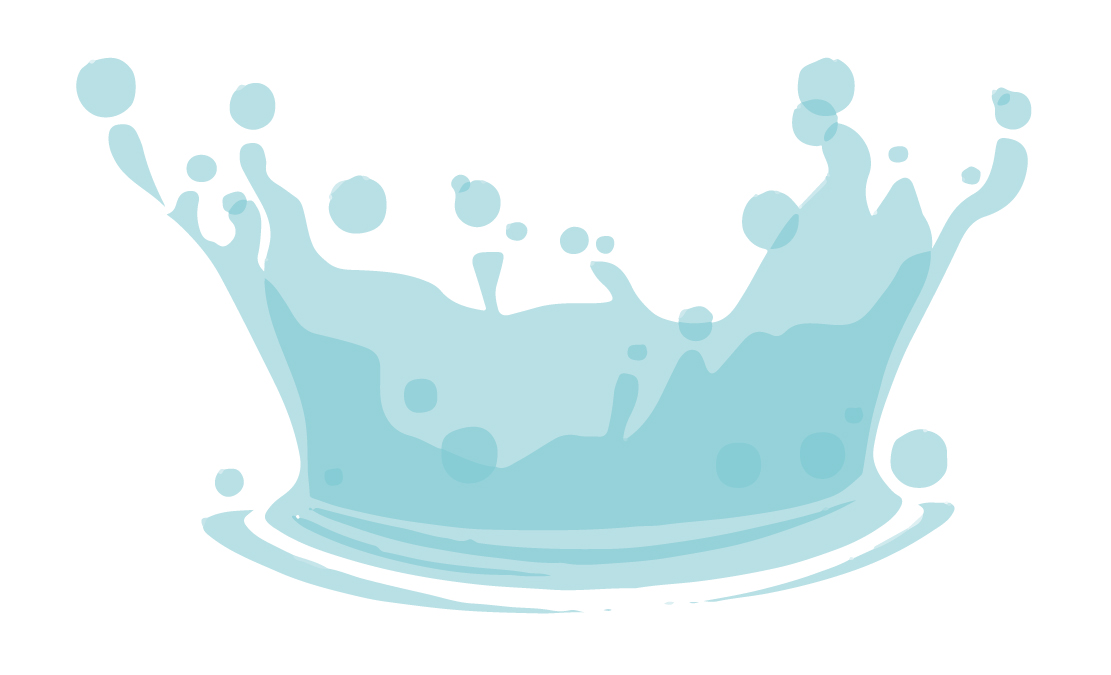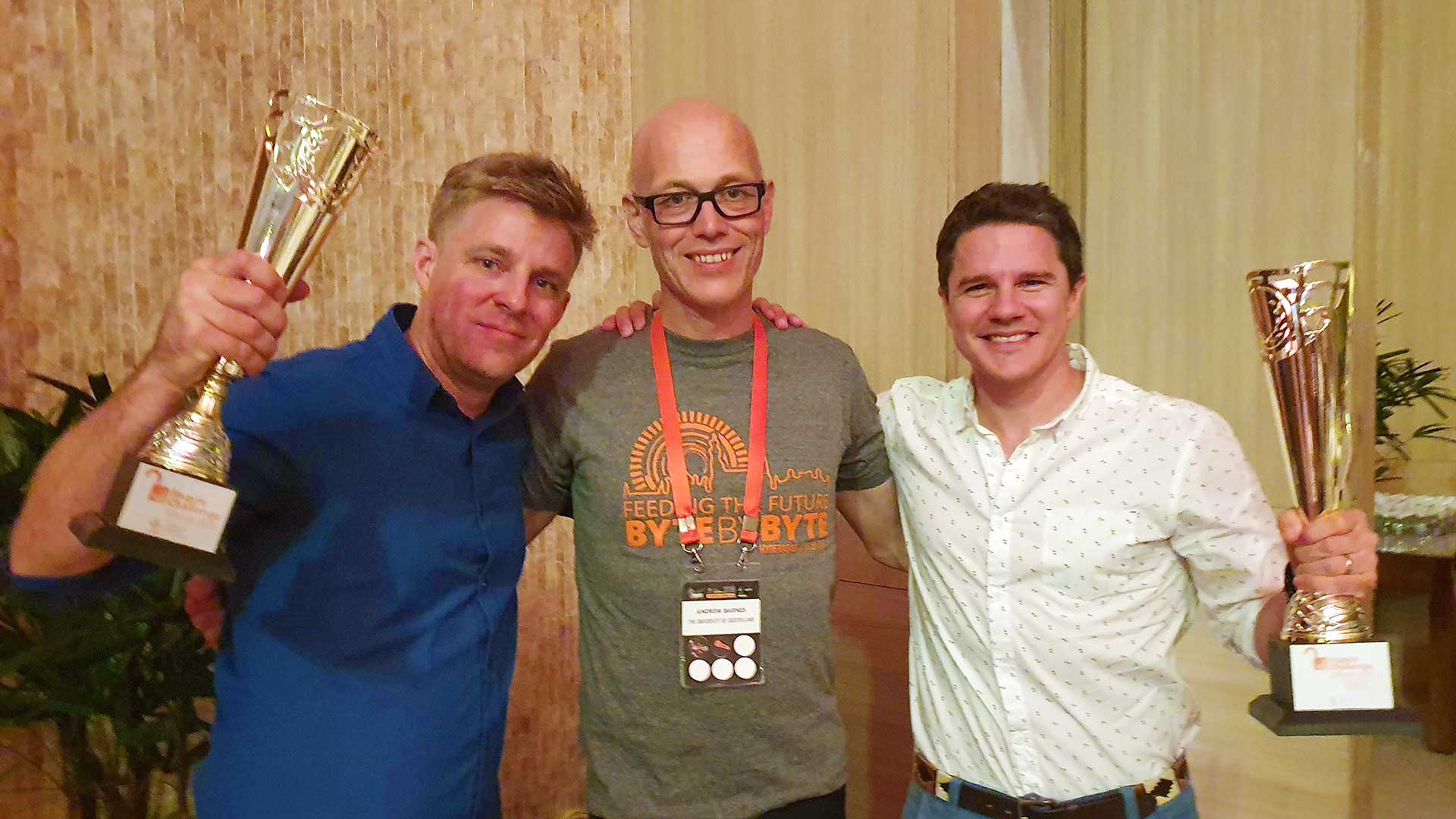Advancing food systems thinking
For more than 45 years, WorldFish has been working to improve the livelihoods of some of the poorest and most marginalized people through fisheries and aquaculture. Increasingly, we have come to realize that fish alone is not enough.

Aquatic foods—animals and plants farmed and harvested from water, as well as the products emerging from new food technologies, including synthetic meat and plant-based seafood—are uniquely placed to meet the need for better nutrition sustainably while at the same time responding to and mitigating the impacts of climate change.
The past year has seen us strengthen this endeavor.
The EAT Lancet report drew attention to the importance of aquatic foods, which are rich sources of healthy nutrients, such as fatty acids and essential micronutrients like vitamins A, B12, D, iron, zinc and calcium. Our work as part of the international experts group developing the Blue Papers for the High-level Panel for a Sustainable Ocean Economy reinforces the case for aquatic foods. The Future of Food from the Sea makes it clear that while the ocean is already an important source of food, it “has the potential to play a much more significant role through increased mariculture.”
Livelihood options
Aquaculture and fisheries provide important new options for livelihoods in regions impacted by climate change, such as the salinizing deltas of Asia and the coastlines of Africa. Aquatic foods can also be produced with low environmental footprints, adding efficiency gains to human food supplies that are limited with land crops, both in terms of the resources needed and in the emission of greenhouse gasses. Our research provides innovations and evidence for responding to climate change, but we recognize that research must also influence policy and investment at all levels, to turn research into action at the scale required.
Shifts in global policies will be needed to reduce overfishing of wild stocks while at the same time ensuring that aquaculture is sustainable and that its products are accessible and affordable to coastal people. Equally, inclusive policies are necessary to enable accessibility of poorer consumers to aquatic products.
Almost all research on the nutritional benefits of aquatic foods comes from the Global North, but it is in the Global South that aquatic foods can do the most good.
Genetic resources
Improving the productivity of aquaculture systems benefits significantly from genetics, for which we absolutely must have genetic diversity. It is by selecting faster growing or more disease-resistant parents that we breed better performing tilapia, for example. A new report from the FAO, the first of its kind for aquatic foods, points out that better conservation of genetic resources is essential if the world is to meet increased demand for fish and other foods from water.
The State of the World’s Aquatic Genetic Resources for Food and Agriculture is a comprehensive survey based on 92 country reports as well as overarching background studies and literature reviews. It was launched in August at a meeting of the FAO’s Commission on Fisheries in Trondheim, Norway.
The world’s aquatic genetic resources will play an increasingly critical role in feeding billions and nourishing nations in the future.
Gareth Johnstone, WorldFish Director General
Innovations for Africa
WorldFish pioneered improved genetics for sustainable aquaculture, and at a meeting in Edinburgh, Scotland, before the launch of the FAO report continued our long-term commitment to the sustainable use of genetic resources. John Benzie, Program Leader, Sustainable Aquaculture, who contributed to the FAO report, led a four-day workshop on Approaches to Genetic Improvement of Fish in Africa. Participants discussed genetic improvement considering the latest developments and the practical issues they face. The workshop was part of a three-year project funded by the International Fund for Agricultural Development (IFAD), which has seen improved strains of tilapia, carp and catfish become more widely available and equitably distributed.
African aquaculture remains a priority for WorldFish and in October we announced USD 1 million for new research on aquatic foods, with a focus on Africa.
The pledge, at the Our Ocean Conference 2019 in Oslo, Norway, supports two goals: a new, multi-year global research program on aquatic foods; and the development of a Fish for Africa Innovation Hub. Both will help to gather the evidence needed to drive the take-up of aquatic foods.
The hub will be a public-private partnership to serve aquaculture in Africa, with the potential for tens of millions of new jobs in fish production, processing and trade by 2050. The new research program will speed the transition to sustainable aquatic food systems and enhanced ocean governance.
Big data to manage disease
“A greater understanding of farmer practices and behaviors is helping us to identify risk factors for disease emergence,” said Dr. Jérôme Delamare-Deboutteville
One challenge facing more intensive aquaculture is antimicrobial resistance (AMR). Antibiotics, routinely fed to animals, select for resistant bacteria, which can then infect humans. WorldFish joined the CGIAR Antimicrobial Resistance Hub, launched in February 2019, to tackle the problem. Aquaculture is perhaps the least understood system for AMR. The sector is expanding rapidly with under-developed processes and sometimes poorly controlled use of antimicrobials.
“A greater understanding of farmer practices and behaviors is helping us to identify risk factors for disease emergence,” said Jérôme Delamare-Deboutteville, WorldFish Sustainable Aquaculture Scientist, whose team will be an important part of the Hub. His team, boosted by an award by the CGIAR Platform for Big Data in Agriculture, will use advanced techniques to identify fish diseases, beaming results back via smartphone in almost real-time. The new tool will reduce the need for antibiotic treatments and ensure the right treatments are used where necessary.
Research, capacity development and advocacy are the foundations on which WorlddFish has promoted the value of aquatic foods for food and nutrition security, and economic development. Just as aquatic foods are uniquely positioned to contribute to human welfare, so WorldFish is uniquely positioned to ensure that aquatic foods meet their full potential within the CGIAR.
Big wins for WorldFish’s digital innovation

WorldFish’s investment in digital technologies has continued to be rewarded by the CGIAR Platform for Big Data in Agriculture (BIG DATA).
At its convention in October, BIG DATA awarded Jérôme Delamare-Deboutteville USD 100,000 to develop an innovative and rapid approach to monitoring and treating fish diseases, which can destroy an aquaculture enterprise in a matter of days. This approach could be extended to all farmed animals through the CGIAR AMR Hub, an example of how our expertise in the aquatic realm contributes to the goals of the CGIAR.
In addition, Alex Tilley’s project to enhance the visibility of small-scale fisheries was awarded USD 125,000 in scale-up funds. This will allow the project, which was selected as a pilot project in 2018 and proved its worth in Timor-Leste, to be extended to seven more countries in Asia and Africa.